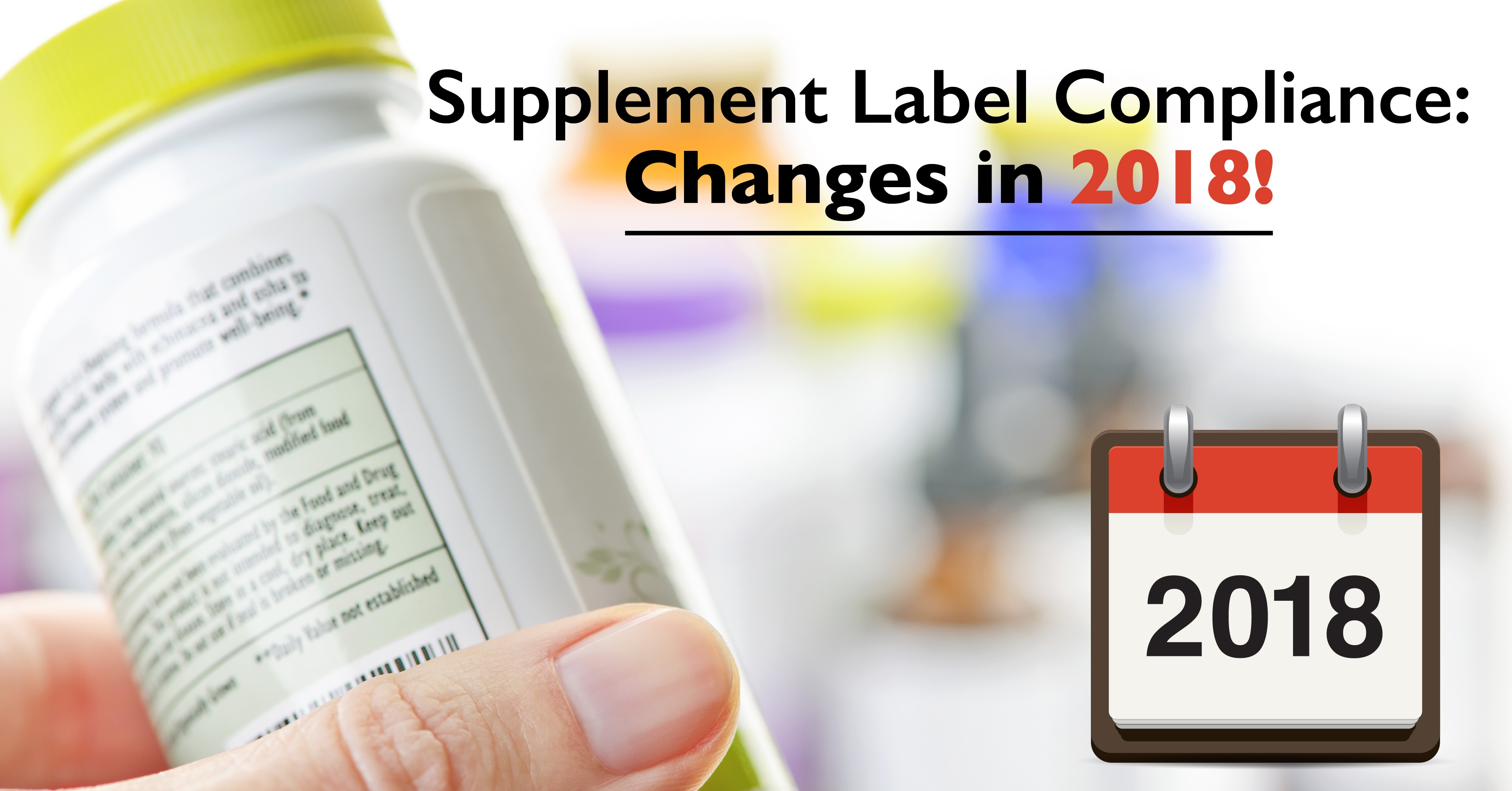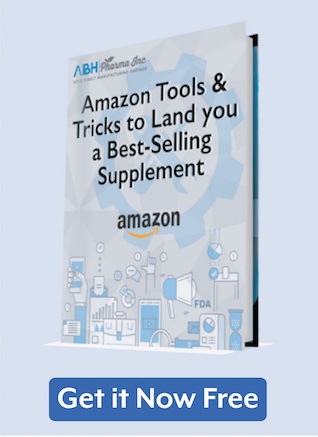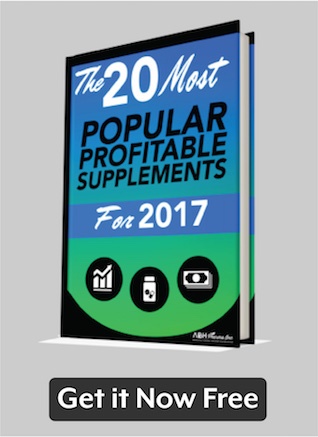An article that appeared in Natural News [ 1 ] blows the whistle on the FDA Intravenous Vitamin C ban.

The article infers that the FDA has quietly limited the supplies needed to administer injectable vitamins and while limiting the supply of IV vitamin C.
These claims remain unsubstantiated and were published as an opinion by Natural News.
Still, there are questions that swirl around the topic of access to alternative medicines that compete with big pharma.
This article looks at a gray area and discusses the role of vitamins and medicines in a light that hopes to brighten a murky subject. Intravenous Vitamin C FDA and Public Health
One key point that Natural News makes is that the FDA is no longer as concerned with public health and welfare as it is about helping big pharma remain in control of the medical marketplace. [1]
The FDA's Job:
A direct quote from the mission statement of the FDA outlines part of the responsibility of the FDA to ensure the health and safety of medications and medical devices:
"The Food and Drug Administration is responsible for protecting the public health by ensuring the safety, efficacy, and security of human and veterinary drugs, biological products, and medical devices; and by ensuring the safety of our nation's food supply, cosmetics, and products that emit radiation." [2]
Natural News infers that the FDA has chucked aside its' job duties to take up whims of big pharmaceutical companies. Have they?
In a letter to a consumer back in 2010, the FDA addresses a consumer's concern about warning letters that it sent to McGuff Pharmaceuticals Inc. which dealt with IV vitamin C and other prescriptions drugs manufactured by McGuff.
The letter makes a clear distinction between what is a health supplement (oral vitamin C) and a medication (IV vitamin C.) That distinction follows:
"Unlike oral vitamin C—which could be a dietary supplement— these particular IV solutions are, by law, unapproved drugs.
Moreover, the manufacturers neglected to follow current good manufacturing practices, potentially exposing users to unnecessary risks." [3]
The key point here is that the FDA makes a distinction between what is a dietary supplement and what is a medication. It refers to the laws that define both. The FDA, via its' website, states that:
"Whether a product is regulated as a drug, a cosmetic, or both under the law is determined by a product's intended use." [4]
So, If you take vitamin C orally - chew it up and swallow it - are you taking a dietary supplement or medication?
How many of us would say that we are taking vitamin C as a medication - We have a cold, so we are relying on the curative properties of vitamin C?
How many take vitamin C every morning to help boost our nutrient intake - We are not sick, but just in case?
While we can argue about the intended use of oral vitamin C, the argument would be moot.
It does not matter to the FDA if you take vitamin C as a medication to cure your cold or if you chew it up to help your body obtain a full spectrum of nutrients.
The reason it does not matter is that the "intended use" is not about what you or I do, it is what is printed on the label.
When I read the packaging on my oral vitamin C tablet jar, it reads "Dietary Supplement."
What Is the Difference Between a Dietary Supplement and a Medication?
Studies on Medical Benefits of Vitamin C:
1. Vitamin C and Heart Health: A Review Based on Findings from Epidemiologic Studies
2. https://www.ncbi.nlm.nih.gov/pmc/articles/PMC3783921/
3. High-Dose Vitamin C (PDQ®)–Health Professional Version
Yes, even as a treatment for cancer, vitamin C is useful. So, what's the deal? Well, the deal is this:
Dietary supplements do not undergo the approval process by the FDA. Medications that are given to patient must be approved by the FDA.
The gray area mentioned earlier is just that. As an intravenous treatment, vitamin C is mediation. Its' use is not intended as a supplement, but as a treatment for specific conditions.
The list of those specific conditions is long, and that is important. It means that the role of vitamin C as a medication is broad.
For the FDA not to crack down on the use of IV Vitamins would mean that it was indeed not doing its job.
For vitamins to ascend from dietary supplement to medication, they must undergo the drug approval process set forth by the FDA.
The Role of Responsible Supplements
The article published by Natural News might be spot on topic. The FDA may have cracked down on vitamins as medicine to reduce the competition for approved drugs, especially those that fight cancer.
The problem is that the laws are clear. Without approval by the FDA, vitamin C must remain a dietary supplement.
There is a safe way to push the boundaries of medicine but to do so without guidance is unethical.
When people manufature vitamins they must do so with a purpose, and that purpose must define the products intended use.
Delve Deeper:
[1] FDA quietly bans powerful life-saving intravenous Vitamin C - Natural New
[2] Mission Statement FDA.GOV - fed.gov
[3] Letter: Response to concerns on injectable Vitamin C and other injectable nutrients - FDA.gov
[4] Definition of a Drug (April 2017) - FDA.gov








